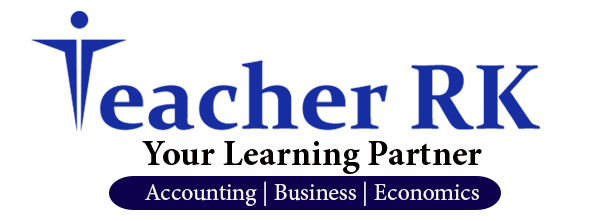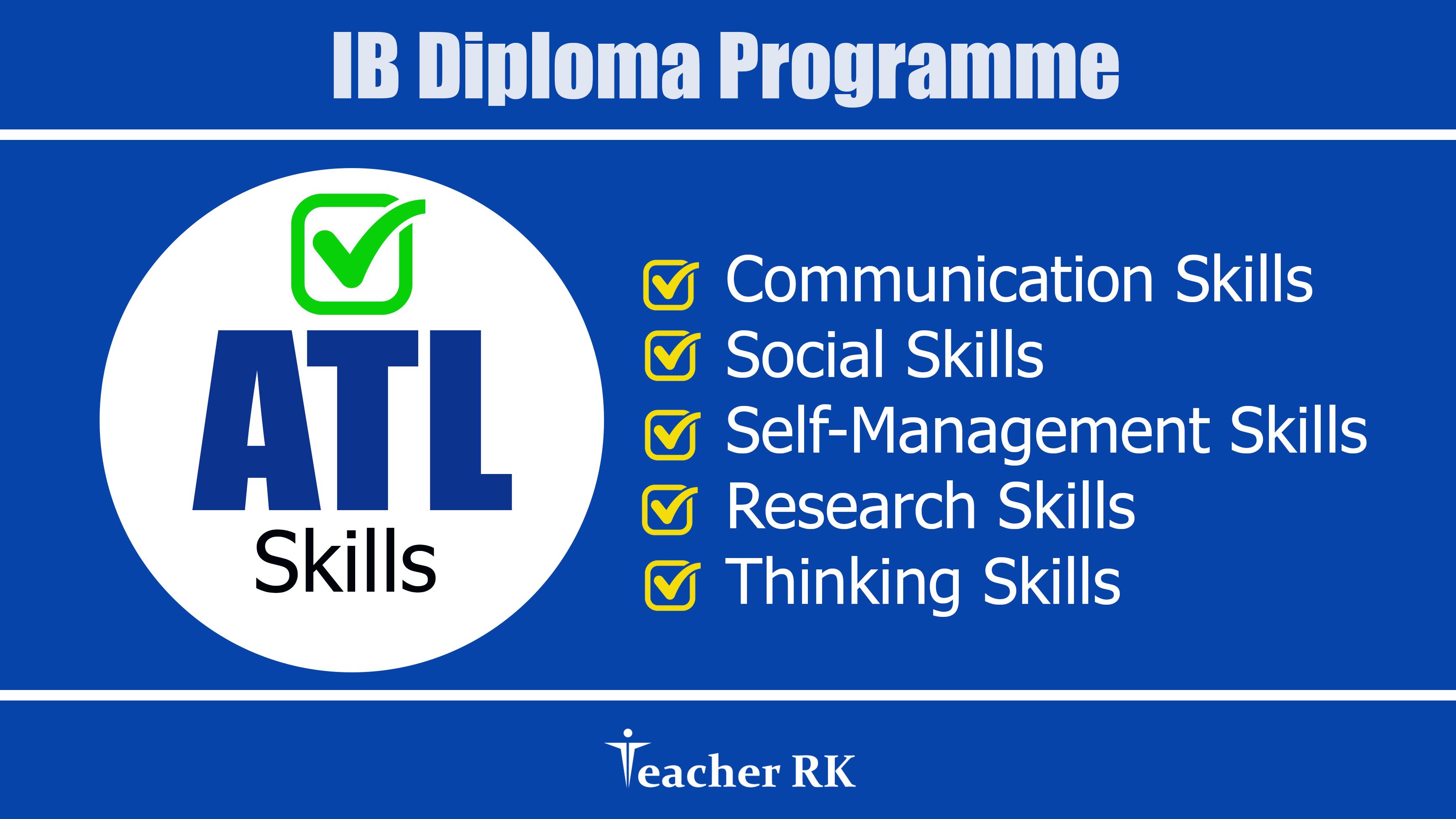Approaches to Learning Skills- ATL
Introduction
Developing approaches to learning skills become more important than ever through the schooling process. All students must be equipped with skills and strategies that allow you to be thinkers, communicators, risk-takers, open-minded, balanced, and knowledgeable.
Guiding questions
- What are my present skills in this area and what evidence do I have of my development?
- What skills can I improve?
- What new skills can I learn?
Why are ATL skills
- To help all students learn more effectively and efficiently.
- To make teaching more effective and efficient.
- To help all students adapt keeping the changing environment -as content knowledge keeps changing and thus it is the skills that would help students to adapt keeping the changing environment in mind.
This article explores Approaches to Learning Skills(ATL), which are:
- Communication Skills
- Social Skills
- Self-Management Skills
- Research Skills
- Thinking Skills
Communication Skills
The term communication means exchanging thoughts, messages, and information virtually through interaction Communication is an essential experience in our lives.
Communication conveys information by exchanging ideas, feelings, intentions, attitudes, expectations, perceptions, or commands through speech, non-verbal gestures, and writings.
It is by communicating with others how people learn about our ideas and figuring out what others think. Without communication, no meaning is exchanged, no ideas are shared, and new ideas will remain unrevealed.
Students need to develop strong communication skills to express yourself with clarity to ask strong questions and provoke big ideas both inside as well as outside the classrooms.
Communication skills include the following key elements:
- Listening
- Speaking
- Reading
- Writing
- Viewing
- Presenting
- Non-verbal communication
- Seeking feedback
- Reflection
Social Skills
Social Skills is concerned with collaboration that means the ability to work effectively with other student or group of students.
In the Social skills category, the skill students must target is collaboration. As human beings, we are social beings and therefore we cannot exist in isolation. While we can be very resourceful and be able to accomplish a lot on our own.
Different students have different ideas and, therefore, it can make things happen in a different way. Thus, solutions and projects can only be greater if you collaborate.
The skills each of us possesses can complement what each of us lack. You need to be good observers to see the potential in our friends and ourselves and see how you can achieve something that we would not achieve independently by working together.
Social skills include the following key elements:
- Collaboration
- Accepting responsibility
- Respecting others
- Cooperating
- Resolving conflict
- Group decision-making
- Adopting a variety of group roles
Research Skills
Research skill is a skill of finding reliable information, organizing it and understanding its applicability in different situation.
Research skills are important for students. They help them to learn more quickly and deeply about the subject they are studying. Research skills can be learned by students with guidance from their teachers or mentors.
It is also important for high school students to develop their research skills because it will help them in their future careers. They will be able to find information more quickly and easily, which will save time. It will also give them a better understanding of the subject they are researching, which can lead to a deeper understanding of the topic.
Further to above, the importance of developing strong research skills is that it will help students understand and retain information better. Strong research skills will also help them develop critical thinking skills and analytical thinking. It will also help them in their future work and life in general.
Mainly these skills are divided into two clusters
- Information Literacy
Information Literacy generally means accessing information including researching from a variety of sources using a range of technologies, identifying primary and secondary sources
- Media Literacy
Media Literacy generally means more about your ability to work with a whole variety of media, as information does not just come from books and text. Especially here, evaluation and perspective-taking play a major role.
Social skills include the following key elements:
- Formulating questions
- Observing
- Planning
- Collecting data
- Recording data
- Organising data
- Interpreting data
- Presenting research findings
Thinking Skills
Thinking skills are the skills that enable students to think more creatively, critically, and logically. The benefits of thinking skills are numerous. They can help students solve problems better, increase their creativity, and improve their decision-making abilities.
The benefits of integrating thinking skills into schools’ curricula are innumerable. The key to success in today’s world is not just knowledge but also the ability to think critically and creatively.
Integrating thinking skills into schools’ curricula will help students learn how to solve problems, be more creative, and develop a more rigorous understanding of the world around them.
Thinking skills are different from academic skills.
Thinking skills are the skills that you need to use to get through life. These may include problem solving or emotional intelligence. While academic skills are the skills that you learn in school and college, such as reading comprehension, math, and science. These skills are often used in a classroom setting.
In the Thinking Skills Category, you can see thinking skills in three clusters such as
Critical thinking
Means analyzing and evaluating issues and ideas
Creative thinking
Means generating novel ideas and considering new perspectives
Transfer
Means using skills and knowledge in multiple contexts
When students look at ideas with ‘critical eyes’, they need to observe beyond logic and employ broad criteria such as clarity, credibility, accuracy, precision, relevance, and depth. By doing this, they will be able to see the real significance of information, and students will be encouraged to evaluate it.
Thinking skills include the following key elements:
- Acquisition of knowledge
- Comprehension
- Application
- Analysis
- Synthesis
- Evaluation
- Metacognition
Self- Management Skills
Self-Management skills refer to how we personally target, prioritize and assess our own learning.
Students should learn how to take care of themselves. They should know how to manage their time and set goals. They should be able to balance their work and personal life. They need to be aware of their mental health and physical health.
Self-management skills are important because they give students the power to create their own lives. By developing self-management skills, students can have a sense of control over their lives and feel less stressed. They also have the ability to make decisions that are best for them and not be influenced by outside factors.
In other words, self-management skills help them to better cope with the stress of life. It helps them to be more independent and proactive.
There are three clusters which need to be understood in Self-Management skills, which are:
Organization Skills
Means to manage your time and tasks effectively
Affective Skills
Means managing state of mind
Reflection
Means Re-considering the process of learning to choose and using ATI Skills
No success will occur if we do not organize our learning process appropriately. We will not be able to improve our skills if we do not assess our own performance; most importantly, we will not be aware of who we have become due to our learning if we do not reflect.
In a few words, these skills will help you consolidate the learnings you have attained, and will help you see the extent to which you own what you have learned
Self management skills include the following key elements:
- Time management.
- Safety and Healthy life style.
- Codes of behaviour.
- Seeking support when needed.
Conclusion
So, these five skills are fundamental in helping students achieve their full potential in the already challenging and personal journey. With these skills, students develop confidence, versatility and resilience when approaching demanding content.

